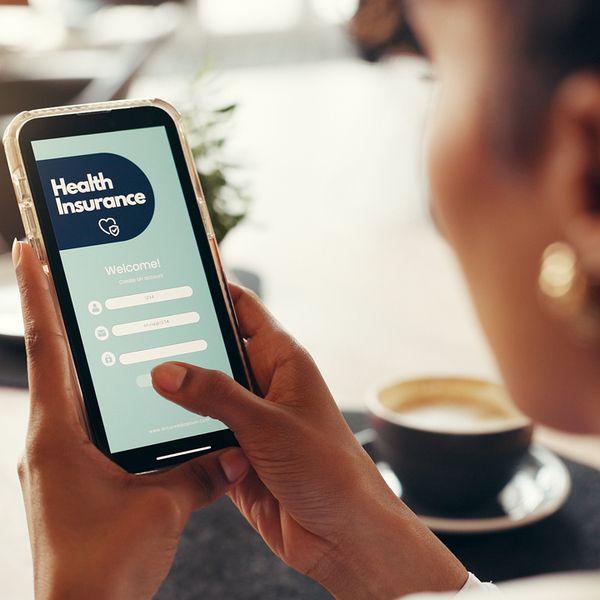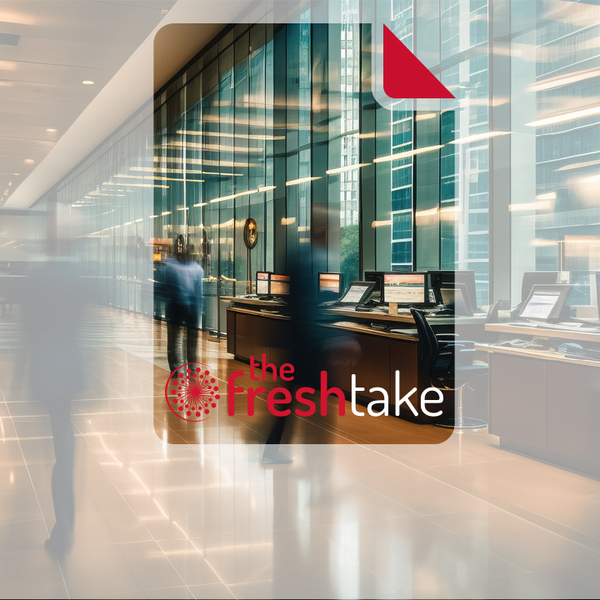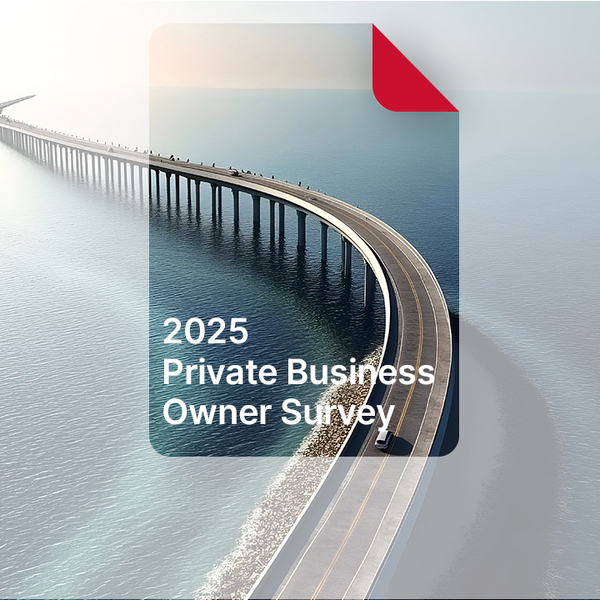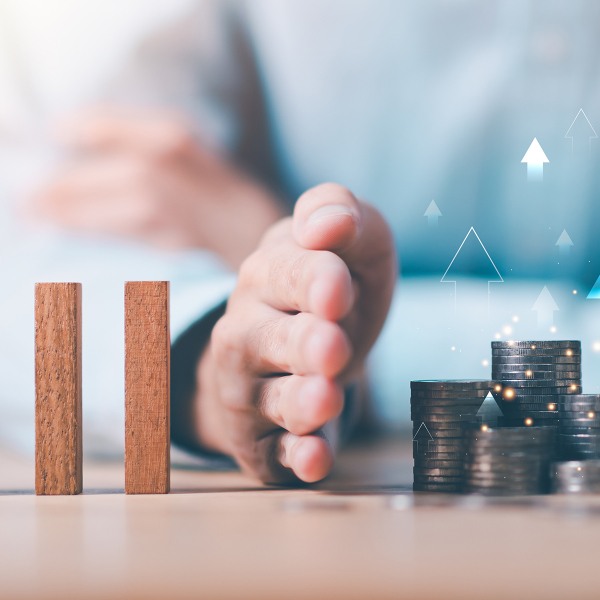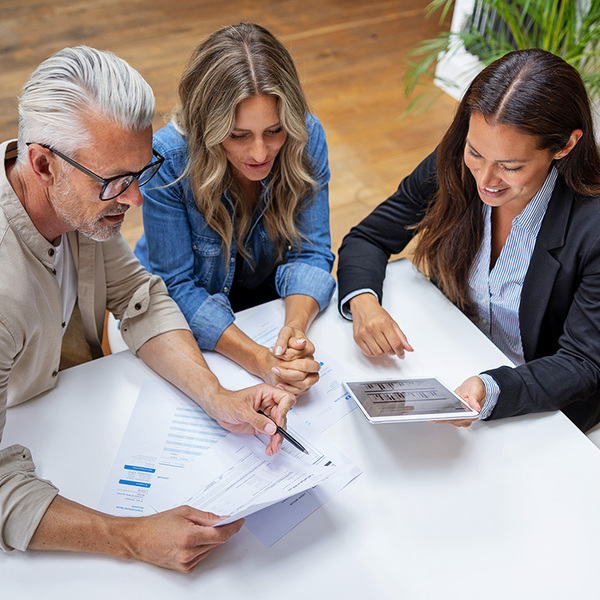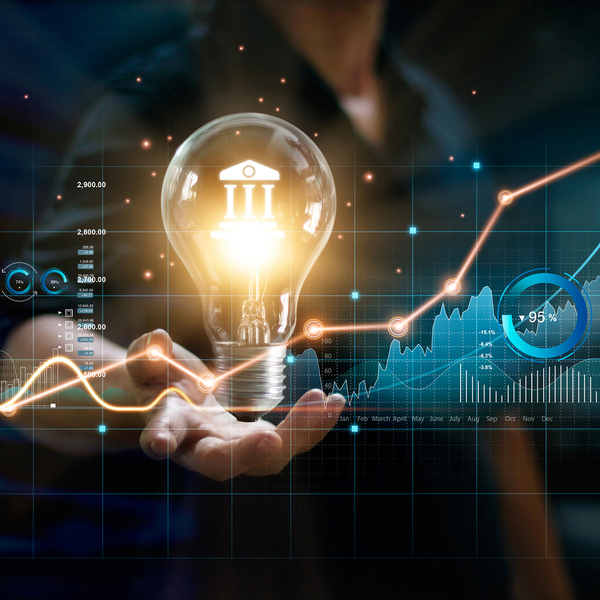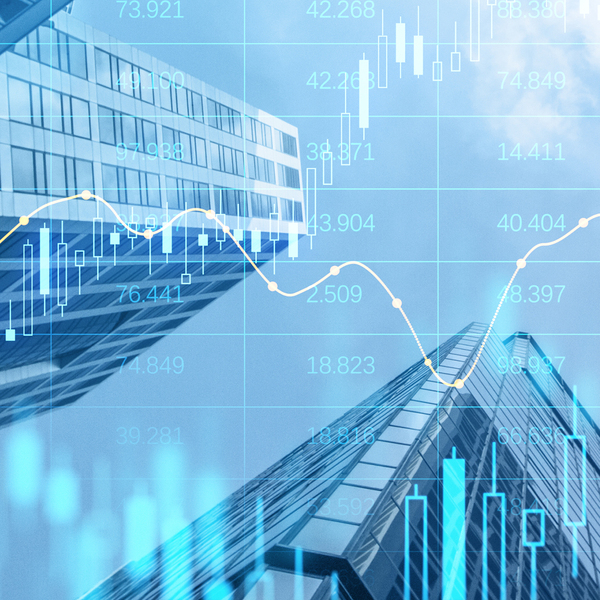Important Information for Non-U.S. Residents
You are required to read the following important information, which, in conjunction with the Terms and Conditions, governs your use of this website. Your use of this website and its contents constitute your acceptance of this information and those Terms and Conditions. If you do not agree with this information and the Terms and Conditions, you should immediately cease use of this website. The contents of this website have not been prepared for the benefit of investors outside of the United States. This website is not intended as a solicitation of the purchase or sale of any security or other financial instrument or any investment management services for any investor who resides in a jurisdiction other than the United States1. As a general matter, Brown Brothers Harriman & Co. and its subsidiaries (“BBH”) is not licensed or registered to solicit prospective investors and offer investment advisory services in jurisdictions outside of the United States. The information on this website is not intended to be distributed to, directed at or used by any person or entity in any jurisdiction or country where such distribution or use would be contrary to law or regulation. Persons in respect of whom such prohibitions apply must not access the website. Under certain circumstances, BBH may provide services to investors located outside of the United States in accordance with applicable law. The conditions under which such services may be provided will be analyzed on a case-by-case basis by BBH. BBH will only accept investors from such jurisdictions or countries where it has made a determination that such an arrangement or relationship is permissible under the laws of that jurisdiction or country. The existence of this website is not intended to be a substitute for the type of analysis described above and is not intended as a solicitation of or recommendation to any prospective investor, including those located outside of the United States. Certain BBH products or services may not be available in certain jurisdictions. By choosing to access this website from any location other than the United States, you accept full responsibility for compliance with all local laws. The website contains content that has been obtained from sources that BBH believes to be reliable as of the date presented; however, BBH cannot guarantee the accuracy of such content, assure its completeness, or warrant that such information will not be changed. The content contained herein is current as of the date of issuance and is subject to change without notice. The website’s content does not constitute investment advice and should not be used as the basis for any investment decision. There is no guarantee that any investment objectives, expectations, targets described in this website or the performance or profitability of any investment will be achieved. You understand that investing in securities and other financial instruments involves risks that may affect the value of the securities and may result in losses, including the potential loss of the principal invested, and you assume and are able to bear all such risks. In no event shall BBH or any other affiliated party be liable for any direct, incidental, special, consequential, indirect, lost profits, loss of business or data, or punitive damages arising out of your use of this website. By clicking accept, you confirm that you accept to the above Important Information along with Terms and Conditions.
1BBH sponsors UCITS Funds registered in Luxembourg, in certain jurisdictions. For information on those funds, please see bbhluxembourgfunds.com
